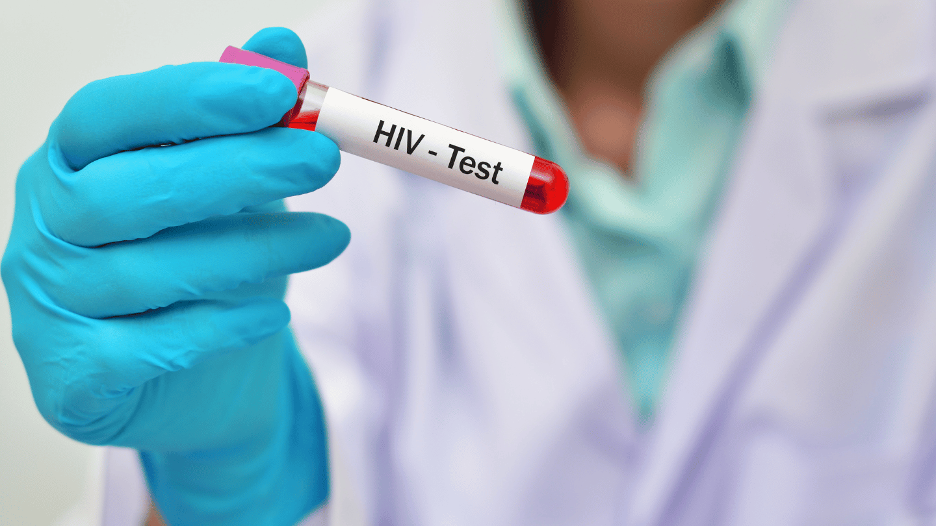
HIV testing: understanding the process and why it matters.
Getting tested for HIV can feel like a big step, but it’s one of the most empowering things you can do for your health. Whether you're curious about your status, starting a new relationship or simply staying on top of your well-being, HIV testing is fast, easy and important. It’s about more than just knowing—it’s about taking control of your future.
In this guide, we’ll break down why HIV testing matters, the different types available and what you can expect from the process so you can walk into your next appointment with confidence.
Why HIV testing is essential.
HIV testing isn’t just for people who think they might have been exposed to the virus. Regular testing is crucial for everyone because:
- Early detection saves lives: When HIV is caught early, treatment can start right away. This reduces the virus’s impact on your body and helps you live a longer, healthier life.
- Protecting others: Knowing your status allows you to take steps to protect your partners and loved ones. By getting tested, you can prevent spreading HIV.
- Peace of mind: Even if you think the risk is low, getting tested can give you peace of mind and help you take control of your health.
The CDC recommends that everyone between the ages of 13 and 64 get tested for HIV at least once. If you're at a higher risk—such as being sexually active with multiple partners, sharing needles, or having a partner who is HIV-positive—regular testing is even more important.
By getting tested regularly, you're taking a proactive step to protect your health and the health of those around you.
Types of HIV tests and how they work.
There are several types of HIV tests available, and understanding the differences can help you know what to expect:
Antibody tests.
- This is the most common type of HIV test. It looks for antibodies—proteins your body makes in response to the virus.
- These tests can be done using blood or oral fluid and are available as rapid tests, which provide results in 20-30 minutes.
Antigen/antibody tests.
- This test looks for both HIV antigens (a part of the virus) and antibodies.
- It can detect HIV earlier than antibody tests alone—often within 18 to 45 days of exposure.
- It’s usually done with blood, and results may take a few days if not done as a rapid test.
Nucleic acid tests (NAT).
- NATs look for the actual virus in your blood and can detect HIV even sooner than antigen/antibody tests—sometimes as early as 10 to 33 days after exposure.
- These tests are typically more expensive and not routinely used unless you’ve recently had a high-risk exposure.
What to expect during and after an HIV test.
During the test.
- No preparation is needed for most HIV tests. You can walk in to any urgent care, including CityMD, to get tested.
- The test itself is simple. For antibody tests, either blood is drawn or an oral swab is taken.
- For antigen/antibody or NAT tests, a blood sample is usually needed.
After the test.
- For rapid tests, you’ll receive your results within 30 minutes.
- If your result is negative, but you’ve had a recent potential exposure, it’s important to follow up with another test after the window period (the time between exposure and when a test can accurately detect HIV).
- If your result is positive, you will be referred to a healthcare provider to begin treatment and manage your care. Early treatment can make a huge difference in your health outcomes.
Regardless of the result, testing regularly is an essential part of protecting your health. If you ever have questions, your local CityMD is here to help with information and support.
HIV testing is simple, effective, and essential for your health. Whether you’re doing it for the first time or as part of routine care, knowing what to expect can ease your mind. If you’re ready to get tested, just walk into your nearest CityMD—no appointment needed!

We’re ready to care for you.
Visit any CityMD urgent care location in your community today for an evaluation with one of our expert providers.